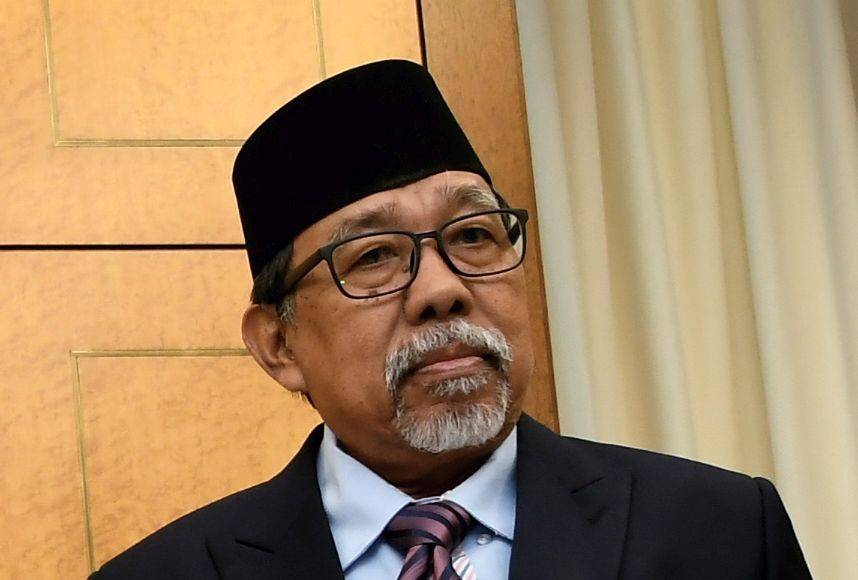THE RinggitPlus Malaysian Financial Literacy Survey (RMFLS 2021) recently found that following the almost two years of dealing with the COVID-19 pandemic, Malaysians are finding it harder to save money each month.
In fact, the survey found that 52% of respondents save less than RM500 monthly or do not manage to save at all, an increase from last year’s 49%.
Meanwhile, 21% live paycheck to paycheck as they do not save any money each month (a slight increase from 19%).
Even so, 76% of respondents believe that they are in control of their money – of which, 33% still spend exactly or more of what they earn.
Having said that, Malaysians have been taking emergency funds more seriously since the pandemic.
In fact, 63% of respondents picked “emergency fund” as their top reason for saving money, followed by retirement (49%), travel (40%), and new property/home (38%).
They are also more aware that EPF savings will not suffice for retirement (15%, as opposed to 30% who believe their savings are sufficient for retirement in 2020), but about half of this group (45%) admitted that they have not started planning for their retirement.
“In last year’s RMFLS, we saw that a large majority of Malaysians finally realised the true value of an emergency fund.
“But the prolonged pandemic continues to take a huge toll on the economy and finances for everyday Malaysians.
“It’s disheartening to see this play out in the way Malaysians are less able to save, but fortunately, savings isn’t the only avenue for money management,” said RinggitPlus co-founder and director Hann Liew.
Savings aside, Malaysians are also open to growing their money through automated investments such as cryptocurrencies and robo-advisors.
Almost half (49%) of Malaysians said that they are willing or open to investing in cryptocurrencies.
The survey received 3,033 responses nationwide, from which stratified sampling of 1,518 was conducted to achieve a more representative sample of the Malaysian population.
RMFLS 2021: Key Findings
- The general pattern of personal finance habits has not changed significantly. If anything, the rate that Malaysians are saving has even dropped – possibly due to the economic effects of the COVID-19 pandemic.
- Only 15% of respondents are able to save RM1,500 or more each month, a reduction from 20% in 2020.
- Half (50%) of the respondents revealed that they would not survive more than 3 months if they lose their job.
- 44% spend exactly or more than what they earn, similar to 43% in 2020.
- 21% have either taken or are planning to take a loan moratorium, which is 2x more than the industry estimates.
- Credit card ownership dropped this year: 45% do not own any (35% in 2020), 45% carry one to three cards (from 51%), while only 10% own more than four cards (previously 14%).
- E-wallet adoption remains relatively healthy in Malaysia at a rate of 89%. 36% even use three or more different e-wallets for their payments.
- Despite efforts to encourage users to purchase insurance online, most Malaysians (65%) still prefer buying via an agent.
- Youths and millennials (18-35 years) still have a long way to go. 24% do not have enough to survive beyond one month, 57% cannot survive more than three months, and 45% spend exactly or more than what they earn.
- Being more digital savvy, more than half (63%) of youths are willing or open to investing in cryptocurrencies.
For Financial Literacy Month, RinggitPlus is also working with Financial Education Network (FEN) to organise various initiatives to improve the level of financial literacy in the country, including a webinar on the importance of financial planning in all three languages.
Find out more on https://www.fenetwork.my/. – Oct 19, 2021.









